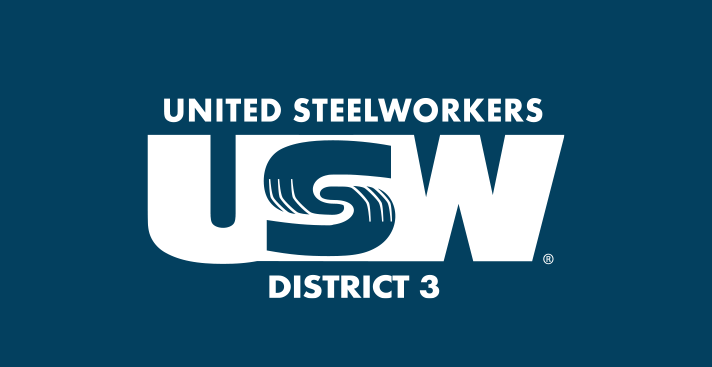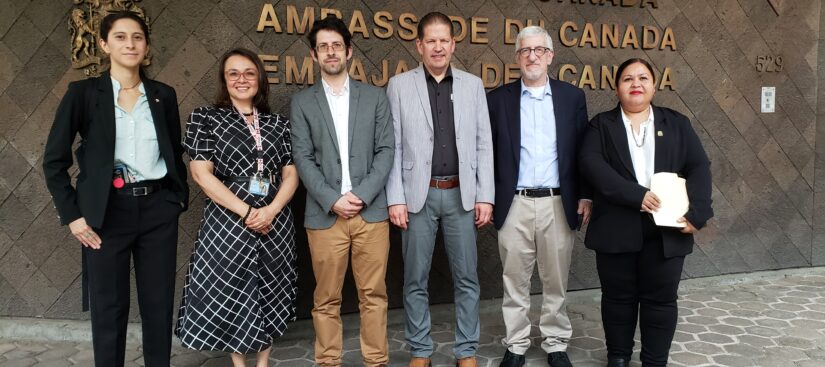Between 1943 and 1979, tens of thousands of Canadian workers, primarily in mining but also in other industrial workplaces, were compelled to endure toxic aluminum dust inhalation “therapy.”
There was no informed consent. Workers were forced – as a condition of employment – to inhale a finely ground aluminum dust known as McIntyre Powder.
The McIntyre Powder therapy was a faux-experimental medical treatment, based on an unproven theory that it would prevent silicosis. The theory was false, and the results were disastrous. Thousands of workers became ill and many died.
Mining companies opted to expose workers to aluminum dust inhalation for decades because it was a cheaper option than implementing safety measures that actually were effective in preventing silicosis.
“It was a cheap solution to a long-standing industrial disease, developed by the northern Ontario mining industry to mitigate their financial and legal risk once silicosis became recognized as a compensable industrial disease in Ontario,” says Janice Martell, a miner’s daughter and founder of the McIntyre Powder Project.
“The more expensive – but proven effective – option was for the mines to supply adequate ventilation and improved dust control to reduce miners’ exposure to the cause of silicosis,” says Martell.
Martell founded the McIntyre Powder Project to document health issues and seek compensation for her father, Jim Hobbs, and other miners who were subjected to the aluminum dust inhalation therapy.
Jim Hobbs was required to inhale McIntyre Powder at the beginning of every shift while working at a uranium mine in Elliot Lake, Ont. The daily ritual unfolded as such:
- Before heading underground, Hobbs and his fellow miners would take seats on benches lining a large room, then the room’s doors would be closed and ventilation fans shut off.
- Compressed air lines, attached to punctured canisters of McIntyre Powder, would blow the aluminum dust into the room, filling the space with a black cloud. A supervisor would advise the miners to “breathe deep” as the “therapy” began.
- Hobbs recalled how his chest felt heavy, his exposed skin and clothes were blackened, a metallic taste formed in his mouth, and he and his co-workers would cough and gasp throughout the process.
- After 10 minutes, the doors would open and Hobbs and the other miners would begin their shift underground.
Hobbs contracted Parkinson’s disease and died in 2017. Like many other miners, he had been denied workers’ compensation benefits, as the Ontario government had not yet recognized his illness as a workplace disease. His family won survivor benefits three years after his death.
To date, Ontario is the only jurisdiction in Canada to recognize Parkinson’s disease as a compensable occupational illness linked to workers’ exposure to McIntyre Powder.
The United Steelworkers union (USW), the McIntyre Powder Project and other groups are committed to supporting further research and to advocating for greater recognition of the links between exposure to McIntyre Powder and other occupational illnesses and diseases.
Share on Facebook


